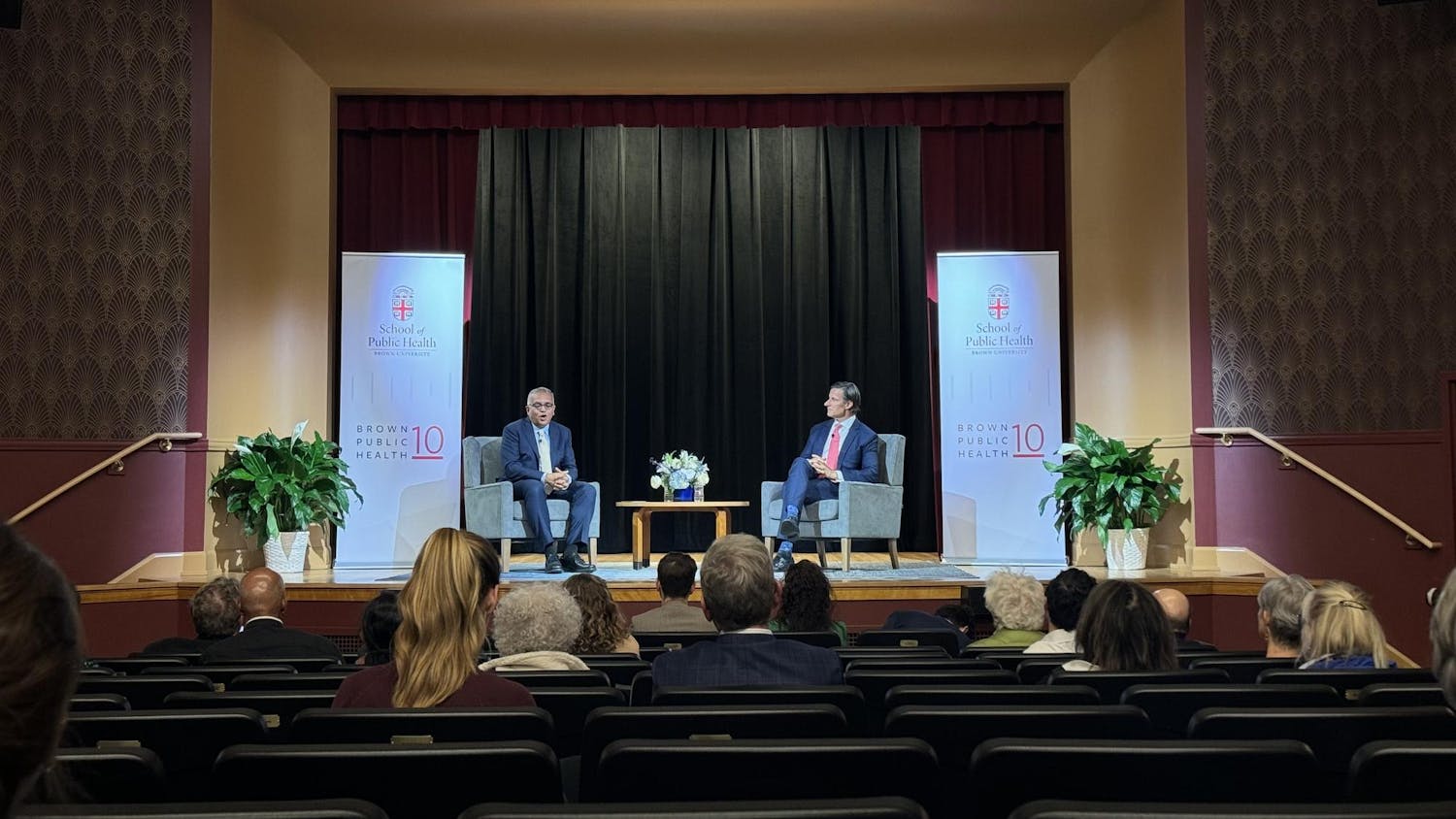The costs of war extend beyond the obvious — from the mental impact on veterans to the loss of jobs, the costs are far reaching. Two papers recently released through the Costs of War Project, started four years ago by the Watson Institute for International Studies, contribute additional information about these costs, one through a human lens and the other through an economic one.
Costs of War was established to produce more research on the topic and increase awareness about all of the costs of war — both economic and human, said Catherine Lutz, professor of anthropology and international studies and co-director of the project.
“We decided that the project would work best as a combination of a research project and a public outreach project,” Lutz said. The initiative emphasizes “trying to make sure that there was some attention paid to the research results,” she added.
The first of the two new papers from Costs of War explores the human costs of war to soldiers, their families and their communities. The researchers, Jean Scandlyn, research associate professor of health and behavioral sciences and anthropology at the University of Colorado at Denver, and Sarah Hautzinger, professor of anthropology at Colorado College, conducted the majority of their research with families in Colorado.
The paper examines a range of issues surrounding post-traumatic stress disorder, arguing that there is too much reliance on the PTSD diagnosis as a way of explaining the problems soldiers face when they return home. The researchers claim that PTSD has become a stand-in for many types of problems, including reintegration issues that result from the gap between military and civilian ways of life. They argue this has shifted the focus away from these issues in favor of individual diagnoses of PTSD.
These often overlooked reintegration issues have become even more pressing in the post-9/11 era, Hautzinger said. The end of the draft and advent of an all-volunteer military in the United States, long wars with no clear exit strategy and multiple deployments for many soldiers are all contributing factors, she added.
Americans need to look broadly at reintegration issues, rather than focusing so narrowly on PTSD, Scandlyn said. There is also much more that can be done to help veterans, including doing more research on the best therapies for them and increasing access to these treatments, she added.
Other researchers in the field who were not involved with the project praised the researchers’ work. “It is a robust piece of scholarship and an exemplary piece of medical anthropology,” said Monica Schoch-Spana, senior associate with the UPMC Center for Health Security and associate professor in the University of Pittsburgh School of Medicine Division of Infectious Diseases, who was not involved in the study. “They as anthropologists are taking a very holistic appraisal of distress experienced by soldiers and soldiers’ families.”
“The authors’ rigorous combination of firsthand ethnographic accounts, quantitative social science data and critical cultural analysis provides the depth and subtlety that is essential to understanding these complex issues,” said Ken Macleish, assistant professor of medicine, health and society and of anthropology at Vanderbilt University, who was not involved in the study.
The second of the two papers explores the economic burdens of war. In the paper, Heidi Garrett-Peltier, assistant research professor at the University of Massachusetts Amherst’s Political Economy Research Institute, argues that military spending creates significantly fewer jobs than other kinds of government spending. She estimates that for every $1 billion the government spends on the military, 11,200 jobs are created, directly or indirectly. But the same $1 billion would create 16,800 jobs in the clean energy sector, 17,200 health care jobs or 26,700 education jobs, while $1 billion in tax cuts to individuals would create 15,100 jobs.
There is a common perception that war is good for the economy, and this idea is often used to justify war, Garrett-Peltier said, adding that the paper questions this assumption.
“The jobs argument is central to the political struggle over war,” said Miriam Pemberton, a research fellow at the Institute for Policy Studies, a Washington think tank, who was not involved in the study. This paper refutes the common argument that military spending is necessary for job creation, using “rigorous analysis showing that this form of spending is in fact a poorer job creator than a range of other alternative forms of public spending, or of tax cuts,” she added.
There are several reasons behind this dynamic, according to the paper. The military puts a large amount of money toward equipment and similar expenses compared to other fields like the education sector, which are left with more money to put toward salaries. The military also spends a lot of funds on overseas contractors, and soldiers spend more money abroad than other kinds of workers, weakening the benefits of military spending to the domestic economy. And military salaries are, on average, slightly higher than salaries in other industries, so fewer jobs can be created with a given amount of money.
Garrett-Peltier said she used an input-output model to arrive at this conclusion. The comprehensive economic model takes into account government spending, private industry, the connections between different economic sectors and other factors to create a “snapshot of the economy.”
This sort of model “is the respected methodology for estimating job impacts,” Pemberton said.
Though these results may be surprising to the general public, Garrett-Peltier has been doing research on this topic for several years and said she has consistently found the same results. “We update the numbers every couple of years, and the findings are always the same. I guess the surprising thing is how little these findings change.”
But it has been difficult to get policy makers to pay attention to these results because the loudest and most united voices are those who want to prevent cuts to military spending, Garrett-Peltier said.
ADVERTISEMENT




